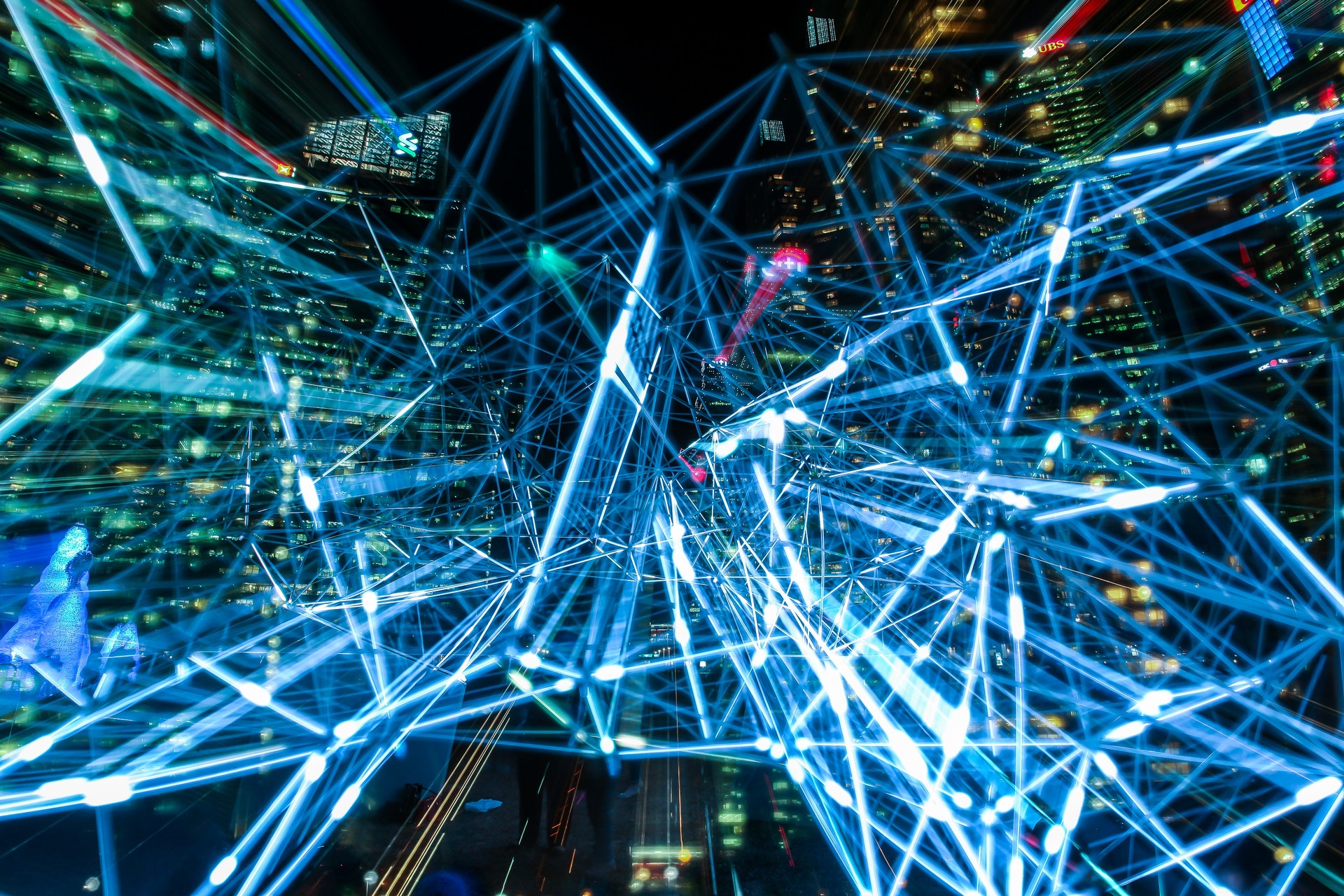How Is AI Changing SEO? Since the introduction of search engines, Google has been quietly introducing new algorithms to improve the service they provide to their 4.3 billion worldwide users. Some are launched are under the radar, others are launched and then announced months later. But all are designed to improve the experience of the end user by showing the more relevant results.
A prime example of this is Google’s RankBrain. Rolled out in the spring of 2015, but not announced until the October, RankBrain is Google’s system for better understanding the possible intent of a user’s search query. In 2015, it was applied to queries that Google hadn’t previously come across, which accounted for 15% of all searches. Since then, it’s been expanded to all search results. The idea was stop Google from seeing a query as a series of characters e.g., a string, and then link it to other strings based on a few signals. Instead, Google sees the string as an entity and use the signals of both the query and the user to determine which result is the best e.g., if I search for ‘Office’, RankBrain needs to determine whether it’s more appropriate to show Microsoft Office365, office workwear, the TV show, the nearest Post Office or another link that I haven’t considered. Google will also consider the user, their location and their device to name a few factors.
This is just the beginning of machine learning and the future of AI when discussing SEO.
In 2017, Netflix introduced machine learning to their platform. This meant that users would be able to see personalised recommendations and increase the usage of the platform, this saved Netflix $1 billion. They’ve gone on to use machine learning to understand how people watch their content, for how long, what different people prefer to watch and the drop off in views for different films and shows.
For search engines, machine learning is used to understand the content of webpages, for example it uses pattern detection to identify spam or duplicate content. It can also identify if outbound links direct the user to an unrelated page. This is just two ways machine learning is used and this goes on to impact the ranking of the webpage on Google’s Search Engine Result Pages.
Machine learning may be here to help, but it’s all dependent on if it understands the data it’s been given. Structured data helps search engines better understand the content they’ve been given and this returns more informative results for the end user. Structured data can be created manually through Schema Markup. By the webpage owner identifying the type of page, e.g. recipe, article, profile, business review etc, Google can identify the key bits of information, such as the name of the page, the featured image and the contents of the page and subsequently show this data based on the relevant search query.
As we look to the future, AI will change the way we approach SEO and the way we analyse our current efforts and the results they produce. SEO is made up of multiple different factors that result in how our webpages rank, so it can be difficult to manually determine our rankings. AI can look at the backlinks, social signal, on page optimisation and more and be able to predict how each will impact the rankings. We will then be able to develop an SEO strategy based on these predictions and develop a top ranking.
Google is also aware of changes to a webpage that it doesn’t like, and it can be difficult to recover your rankings if Google penalises you. Current audit technology allows you to keep up to date with the latest changes, but in the future AI will be able to analyse your website and identify possible red flags that could lead to a penalty from Google. This will help web developers to stay ahead of the curve and avoid those devastating penalties.
In all, AI and machine learning has already had a big effect on SEO and the performance of webpages on Google, but the future is looking bright as more algorithms are introduced and updated to make the job of the SEO more effective






















